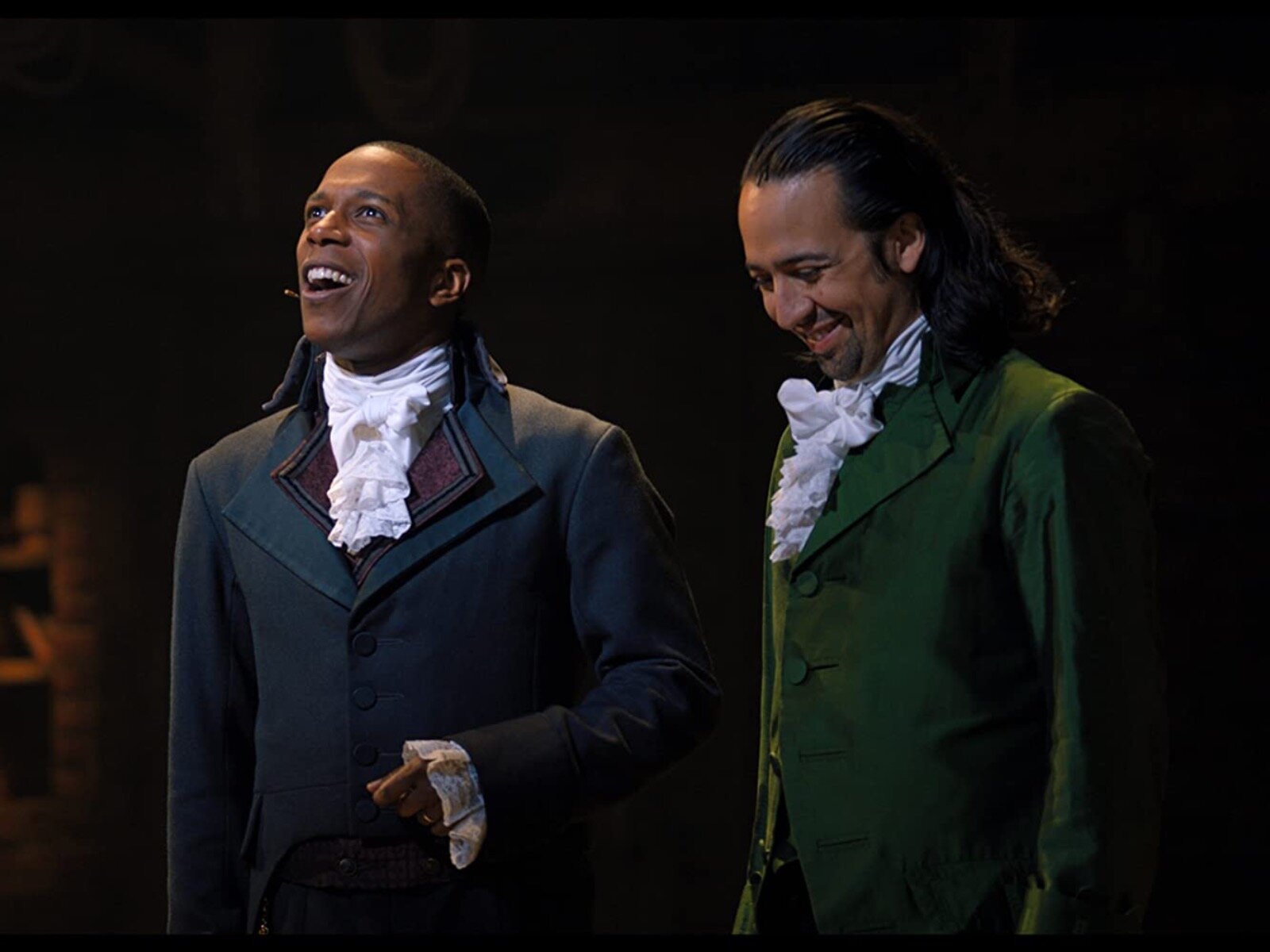I can think of a couple films off the top of my head that end up taking this route: A woman, usually the film’s protagonist, unexpectedly finds out she’s pregnant and she seriously considers having an abortion (for about a few minutes in the film, usually). But, instead, she decides to go through with the pregnancy by the end of the film. This display of morality is supposed to make the audiences feel all warm and fuzzy inside, making us root and emotionally melt for the protagonist.
Having the topic of abortion in a film, especially a comedy, is a risky move simply because it's never been done before so matter-of-factly, to my knowledge at least. That was until I saw Gillian Robespierre's feature film debut "Obvious Child," which premiered earlier this year at the Sundance Film Festival and is now playing at the Downer Theatre.
The film – with the help of Robespierre’s unabashed writing and directing, and an endearing and absolutely hilarious performance by Jenny Slate ("Parks & Recreation," "The Kroll Show") – takes those "risky" expectations and tosses them out of the window. Even by not playing it safe, the film solidly delivers as a heartwarming comedy that’s at times raunchy and awkward in all the right and amusing ways, and at other times, sweet and genuinely thoughtful.
Slate is Donna Stern, a directionless, 20-something stand-up comic who routinely performs at a Brooklyn dive bar. I’d use "perform" lightly, because she actually just stands in front of the crowd and talks about her life; mostly about her sex life, her Jewish looks and daily panty stains. She even manages to throw in a fart joke for good measure. Talking about her sex life so openly and candidly to a room full of strangers doesn’t sit well with her boyfriend, who later tells Donna in the bar’s unisex bathroom that he’s having an affair with her best friend.
This news, of course, devastates her, leading to an all-night drinking binge inside of her tiny apartment and a mental breakdown making her appear more maniacal than anything else. Oh, and not only did her boyfriend dump her, she also loses her job at an independent bargain bookstore.
Shortly after a disastrous and drunken stand-up routine that ventures into quips about the Holocaust, Donna meets Max (Jake Lacy), a straight-laced business graduate student who looks like he doesn’t belong anywhere close to the dive, hipster-friendly bar that Donna and her gay friend Joey (Gabe Liedman) frequent. Introducing herself by spitting out the hilarious and nonsensical line, "You’re really lasering into me with your pee pee missiles," Donna charms Max into getting sloppy drunk with her.
They seem like they would be polar opposites, but they click, laughing at one another after he accidentally farts in her face while they both urinate against a building and amusing each other by dancing in their underwear inside of his apartment. By the end of the night, of course, they have sex, an act that sets the rest of the film in motion when Donna unexpectedly becomes pregnant.
She realizes that having a baby at this point in her life would lead to disastrous results; she doesn’t nearly have enough money to support a child, let alone that she isn’t nearly as emotionally ready to go through with the pregnancy. She decides the best option would be to have an abortion – on Valentine’s Day of all days – but withholds from telling Max while she struggles to handle the messiness of life.
"Obvious Child," which is adapted from Robespierre’s 2009 short film of the same title, manages to find just the right balance of comedic and dramatic tone. Robespierre infuses the film with a heartfelt feel that’s elevated by her naturalistic sensibilities as a writer and director. As the film triggers a small shift from sweetness to seriousness in the third act, it confirms Robespierre’s ability to balance the comedy with the drama with ease.
Besides effortlessly balancing the tone, Robespierre also did an exceptional job establishing Donna’s relations with the various people in her life, including her mother (Polly Draper) who wants Donna to put her SAT scores to good use, her supportive father (Richard Kind), her roommate Nellie (Gaby Hoffman) and, of course, Max. There’s no doubt that this is an impressively strong feature debut for a writer and director that’s going to be hard to ignore down the road.
Jenny Slate’s charming and charismatic performance also elevates the film. Besides her most obvious talent of being unique and hilarious, she’s even more surprising during the quieter, dramatic moments later on in the third act.
Jake Lacy – best known for his role as Pete in NBC’s "The Office" – is especially good as Max, a nice guy who not only pee farts, but also tries hard to forge a relationship with Donna by asking her out, amusingly oblivious to the news that is being kept from him and her weariness of taking things any further. Hoffman, who recently had a role in this past season of HBO’s "Girls," is unusually normal in this as Nellie, who coaches her along. David Cross even makes a brief, creepy appearance as a fellow comedian who invites Donna over to his pad to "talk," but he has another agenda in mind.
While the film is billed as an abortion comedy, and while there are still quite a few laughs, the topic of abortion is handled with honesty and straight-forwardness. Robespierre doesn’t downplay the emotional ramifications, as abortion clearly isn’t a funny subject matter, even when it’s a subject of a comedy. It’s also a refreshing take because she also doesn’t allow the characters tip toe around it as if it’s some sort of a Satanist moral taboo, like in "Knocked Up," where Jonah Hill’s character couldn’t even say the word aloud, instead having to attempt to improvise a rhyming word. While many films would rather shy away from it, "Obvious Child" does not.
Some will probably dislike "Obvious Child," as seen by a walkout and two older women making it known to all of those around them how much they hated it after the screening. I felt the complete opposite: I feel that it should be celebrated that "Obvious Child" exists. We need more films just like this; films that are told not only from the under-served female perspective, but also have a lot of wit, genuine heart, and the daring fearlessness to be authentic and outside of the box when dealing with a controversial subject.
Colton Dunham's passion for movies began back as far as he can remember. Before he reached double digits in age, he stayed up on Saturday nights and watched numerous classic horror movies with his grandfather. Eventually, he branched out to other genres and the passion grew to what it is today.
Only this time, he's writing about his response to each movie he sees, whether it's a review for a website, or a short, 140-character review on Twitter. When he's not inside of a movie theater, at home binge watching a television show, or bragging that he's a published author, he's pursuing to keep movies a huge part of his life, whether it's as a journalist/critic or, ahem, a screenwriter.







